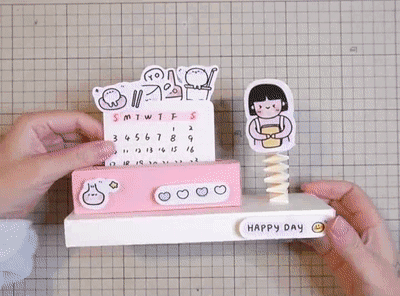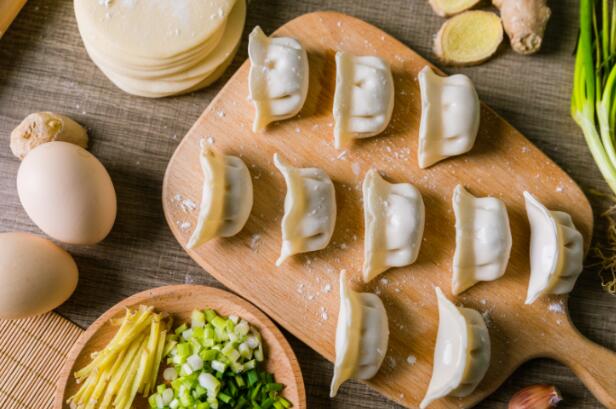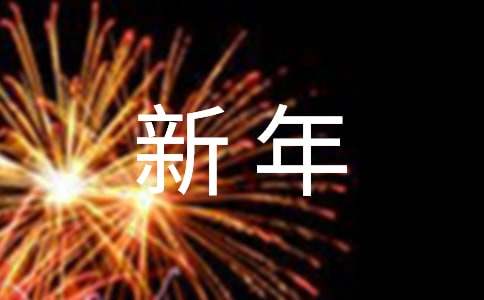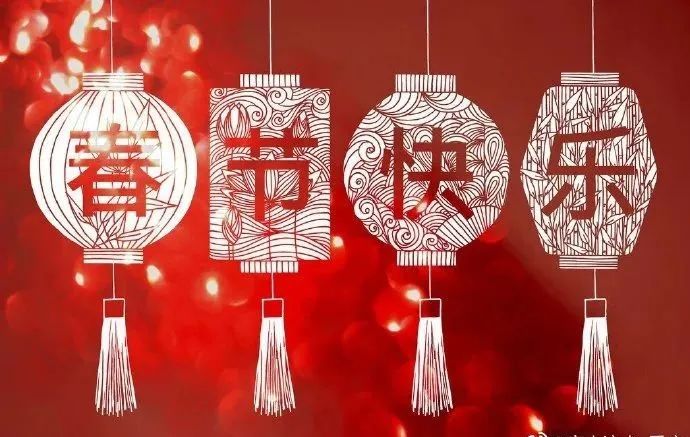除夕英語(yǔ)

Eve是evening的縮寫形式,除夕本來(lái)就是除夕夜,而eve是前夕的意思。New Year's Eve 是【新年前一天的晚上】新年的前夕。故為"除夕夜"
New Year's Eve, or the last night of the year in Chinese lunar calendar, is called Chuxi. It is an extraordinary day in China because the old year and new year meet during this night. Since Chuxi in Chinese means removing the old, most of the activities during New Year's Eve centers on removing the old and evil and pray for the best.
中國(guó)農(nóng)歷新年的最后一個(gè)晚上,叫做“除夕”。在中國(guó),這是一個(gè)不平凡的日子,因?yàn)榕f年和新年在這一夜之間相遇。中文里“除夕”是指除舊,所以大部分除夕夜里的習(xí)俗也是和除去舊惡、祈求幸福相關(guān)。
In Chinese mythology, a monster called nian would come out to harm people on New Year's Eve, so people get together, staying up and chatting, hoping for a peaceful passage of time.
中國(guó)神話里,一頭叫“年”的妖怪會(huì)在新年的前一夜跑出來(lái)傷害人類,因此人們聚在一起,守歲聊天,祈禱能平安度過(guò)這一晚。
The customs on Chuxi Day in different districts are almost the same; while in some places, the customs are quite special, such as in Suzhou, Beijing and Taiwan. When staying up late in Suzhou, people always wait for the bell ring from the Hanshan Temple, which is a sign of the coming year;Beijing people hold Caisui activity by stepping on the sesame straw paved in the courtyard; In Taiwan, people will put a firepan under the table when have dinner and the daughters-in-law will stay up late in the New Year's Eve, the later, the better (It is said that the elders will enjoy longevity by this way).
不同地區(qū)的除夕的習(xí)俗幾乎相同;在一些地方很特別,比如在蘇州、北京和臺(tái)灣。在蘇州,人們會(huì)等候寒山寺里的鐘聲,因?yàn)檫@是新年來(lái)臨的標(biāo)志;在北京,人們會(huì)“踩歲”,用腳踩踏鋪在地上的芝麻穗;在臺(tái)灣,人們把火盆放在年夜飯桌下。做兒媳婦的要在除夕夜里守歲,越晚越好。
There are many activities on New Year's Eve / Chuxi Day, which mainly include sticking New Year scrolls (spring scrolls), enjoying family reunion dinner, Shousui (stay up late at night), sacrifice offering and setting off fireworks.The custom of staying up (Chinese: shou tai sui) symbolizes the warding off of all diseases and disasters and wishing good luck in the New Year.
其他在除夕夜的習(xí)俗還包括貼春聯(lián)、吃團(tuán)圓飯、守歲(熬夜)、拜祭和放煙火。中國(guó)人將新年前夕熬夜的習(xí)俗稱為“守太歲”,意味著遠(yuǎn)離疾病災(zāi)禍,祈禱新年好運(yùn)。
《除夕英語(yǔ)》閱讀地址:









